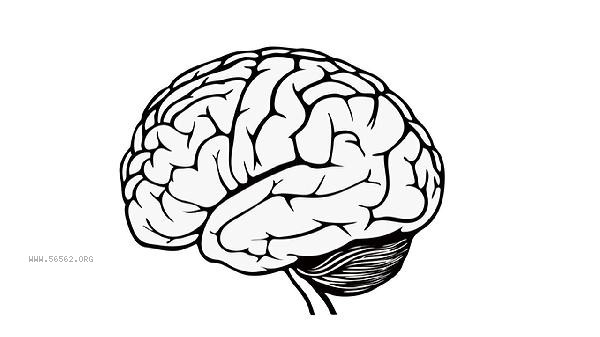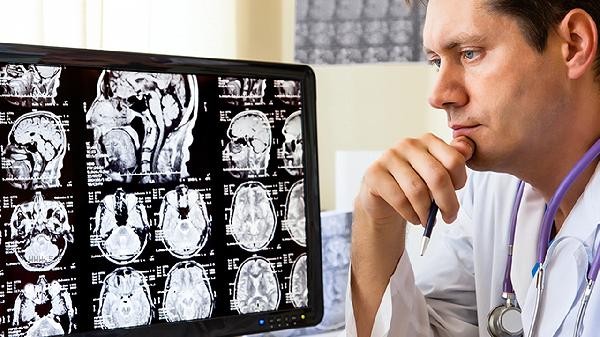Transient amnesia in the brain may be a temporary impairment of memory function caused by physiological or pathological factors. Common causes include transient ischemic attacks, epileptic seizures, hypoglycemia, psychological stress reactions, and concussion. If frequent attacks or accompanied by other neurological symptoms, it is recommended to seek medical examination in a timely manner.

1. Transient ischemic attack
Transient cerebral vascular insufficiency may cause temporary interruption of memory function, usually manifested as sudden forgetting of recent events, with a duration of no more than 24 hours. The patient may experience dizziness or slurred speech, but there is no permanent brain damage. Risk factors for cerebral infarction, including hypertension and arteriosclerosis, need to be excluded through brain CT or magnetic resonance imaging.
2. Seizures
Partial seizures, especially temporal lobe seizures, may cause transient total forgetting, during which patients may repeatedly ask the same questions and fail to form new memories. EEG examination can detect abnormal discharges, and antiepileptic drugs such as sodium valproate and levetiracetam can control seizures, but should be used under the guidance of a neurologist.
3. Hypoglycemic reaction
When blood sugar levels sharply decrease, there may be insufficient energy supply to the brain, which may lead to directional disorders and fragmented memory loss. It is commonly seen in patients with diabetes who use insulin excessively or do not eat for a long time. Timely supplement of sugary food can alleviate the symptoms. Repeated attacks need to adjust the hypoglycemic program.

4. Psychological stress response
Acute stress disorder or dissociative forgetting may result in selective memory loss due to strong emotional shock, and patients may be completely unable to recall specific time periods of experience. Psychological therapy such as cognitive-behavioral therapy can help with recovery, and in severe cases, short-term use of anti anxiety drugs such as paroxetine can be used.
5. Post concussion sequelae
Retrograde amnesia may occur after head trauma, making it difficult to recall events that occurred minutes to hours before the injury. Most patients gradually recover their memory after rest, but repeated concussion may cause cumulative damage, and it is necessary to avoid vigorous exercise and undergo regular neurological function assessments.

Daily attention should be paid to maintaining a regular schedule and balanced diet, and supplementing foods rich in omega-3 fatty acids such as deep-sea fish in moderation can help repair brain cells. To avoid excessive fatigue and mental stress, middle-aged and elderly people need to regularly monitor their blood pressure and blood sugar. If the onset of amnesia is accompanied by severe headaches, vomiting, or limb weakness, immediate medical attention should be sought to rule out emergencies such as cerebrovascular accidents. Memory training and moderate aerobic exercise have a positive effect on maintaining cognitive function.








Comments (0)
Leave a Comment
No comments yet
Be the first to share your thoughts!